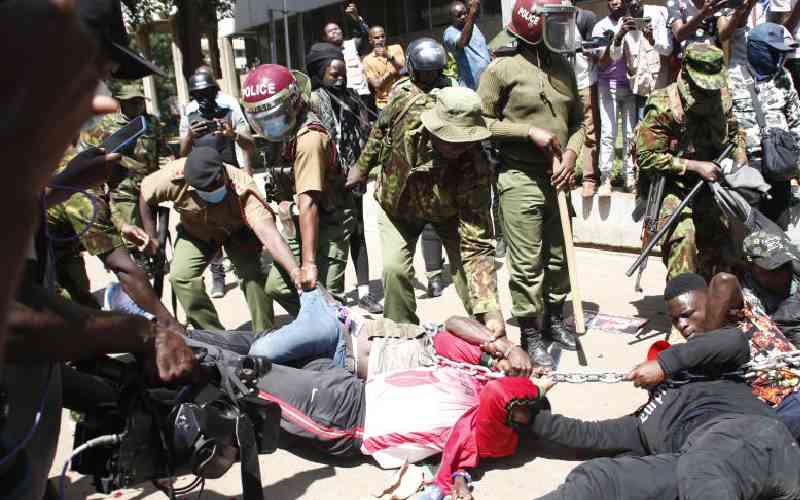
What does it take to turn a country's leadership from democratic to dictatorial? A quick initial search on the internet provides some pointers to determine whether you are living under a budding dictatorship. These include intimidation and terror by the dictator to suppress civil liberties; the use of mass propaganda to maintain public support; lack of political pluralism (say, by banning or subsuming rival political parties); disregard for individual rights; and control through laws, police and spying. Let us then analyse these and other ideas more broadly using current happenings in Kenya as a hypothetical example.